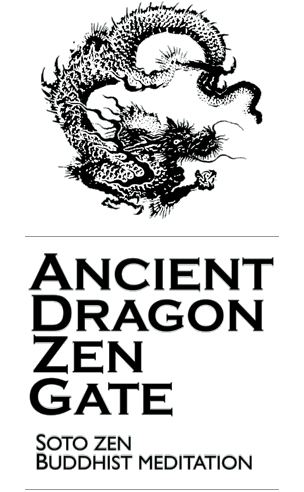Dear all,
In the Pali canon ‘Bodhisattva’ appears to refer to the Buddha before his full awakening (the personality of the Jataka Tales, for example). But in the Mahayana all who have taken the Bodhisattva vows are Bodhisattvas.
My question is: if all sentient beings are Buddhas-to-be, does that mean that ALL sentient beings are Bodhisattvas?
Gassho,
Myozan
In the Pali canon ‘Bodhisattva’ appears to refer to the Buddha before his full awakening (the personality of the Jataka Tales, for example). But in the Mahayana all who have taken the Bodhisattva vows are Bodhisattvas.
My question is: if all sentient beings are Buddhas-to-be, does that mean that ALL sentient beings are Bodhisattvas?
Gassho,
Myozan
 ).
).
 ), not Buddhas-to-be. And Bodhisattva for me has the two meanings Jundo explains above.
), not Buddhas-to-be. And Bodhisattva for me has the two meanings Jundo explains above.

 ...
... 

Comment